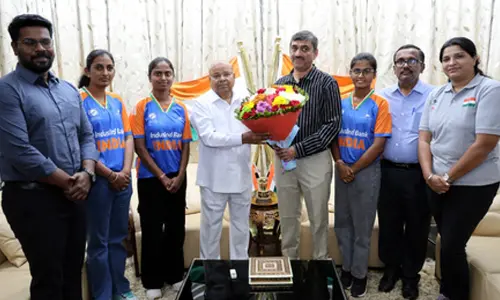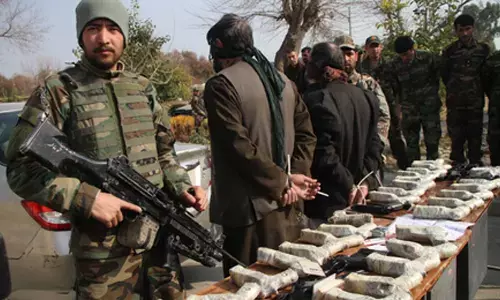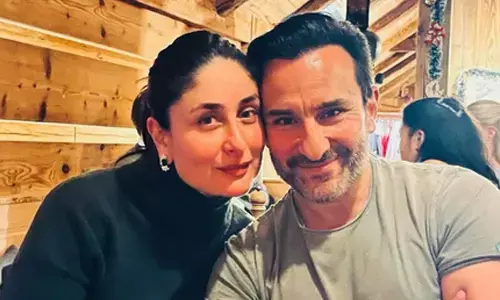MyVoice: Views of our readers 1st august 2020

Educationists of the country are excited and glad to know that the Union Cabinet has approved National Education Policy (NEP), formulated by the Committee headed by Dr K Kasturirangan
NEP will restore past glory of Indian education system
Educationists of the country are excited and glad to know that the Union Cabinet has approved National Education Policy (NEP), formulated by the Committee headed by Dr K Kasturirangan.
Higher education is a critical contributor to sustainable livelihood and economic development of the nation. Higher education also plays a large and equally important role in improving human wellbeing and developing India. It aims to serve as a hub for developing ideas and innovations that enlighten individuals and help propel the country forward socially, culturally, scientifically, technologically and economically. In view of the requirements of the 21st century, NEP envisages that the aim of quality university education must be to develop good, well rounded and creative individuals, with intellectual curiosity, spirit of service coupled with strong ethics. Higher education must form the basis for knowledge creation in the nation and thereby immensely contributing to the growing economy of the nation. Institutions of higher learning must build expertise that society will need over the next three decades and beyond. Simply tailoring people into jobs that exist today, but that are likely to change and disappear after some years, are sub optimal and even counterproductive.
One of the main objectives of NEP is to create vibrant multi-disciplinary institutions of high quality that increase capacity of higher education in India and ensure equitable access. A significant objective of NEP is move towards a more imaginative and broad-based liberal education as a foundation for holistic development of all students with rigorous specialisation in chosen disciplines and fields. Liberal arts education has so beautifully described in India's past, enables the students to truly develop both sides of the brain – the creative side and the analytical side. The ancient universities of Takshashila and Nalanda which had thousands of students from India and the world studying in a very vibrant, multi-disciplinary environments, and modern universities today amply demonstrate the great success that such large multi-disciplinary research universities can bring. The NEP will definitely bring back the past glory of the Indian educational system, which received world's attention.
Prof D Narayana Rao, Pro Vice Chancellor, SRM University, AP
Domestic violence, a bigger issue
This refers to the report 'Rachakonda police launches anti-human trafficking unit' (July 31). Actually, more than contemporary forms of slavery such as human trafficking, sex-trafficking, bonded labour, and descent-based slavery, domestic servitude is another evil that has unique characteristics. At first, the place of occurrence of domestic servitude is a private household where the victim lives with her family members and the perpetrators of slavery are victim's relatives. Second, in other forms of modern slavery, the victim is conscious that his/her right is violated and he/she is a victim of slavery, but, in case of domestic servitude, the victims are mostly either daughters or wives who accept this responsibility as an obligation towards the family, without knowing that she is becoming a victim of domestic servitude and refusal to discharge the responsibility would result in violence against her.
Domestic servitude and domestic violence, though spread across the globe, are the least recognised human rights violation. When it comes to a solution, the major challenge is to identify the victims because they are largely invisible. Their hue and cry echoing on the four walls of the household remains unheard of. As their social interaction is restricted, they have no means to seek help. Also, domestic servitude occurs in a most private place, i.e. household, and hence the law enforcement agencies are restricted to a great extent by the right to privacy. At last, the perpetrators are mostly her near and dear ones who prevent her from going against the family.
Parveen Sultana, Doodh Bowli, Hyderabad














